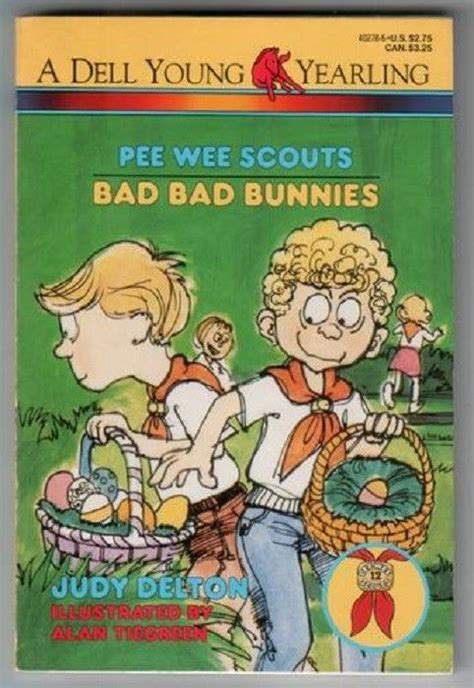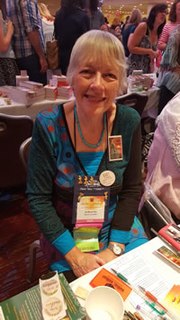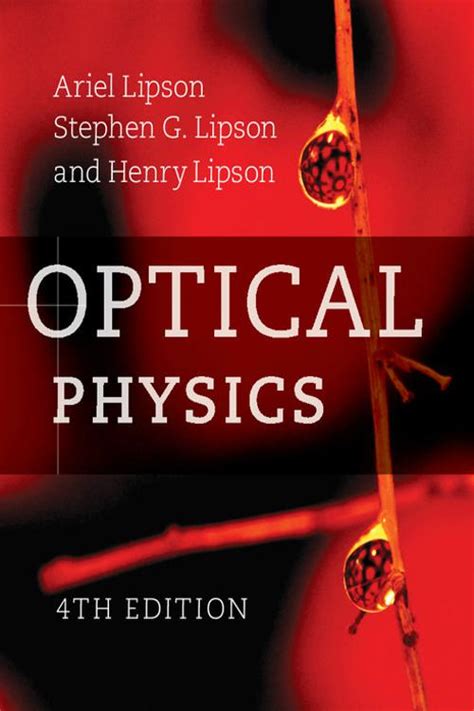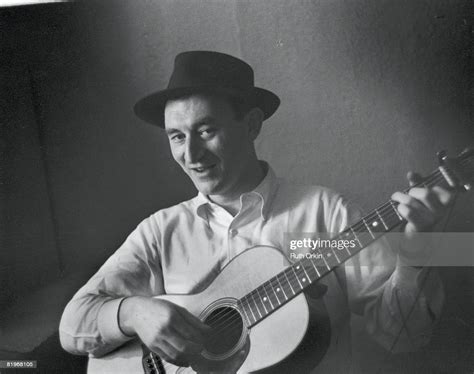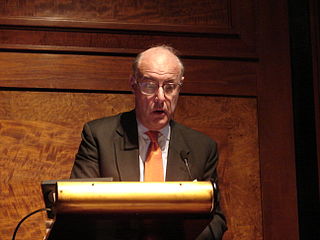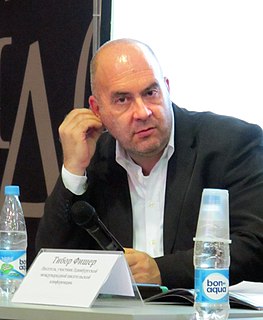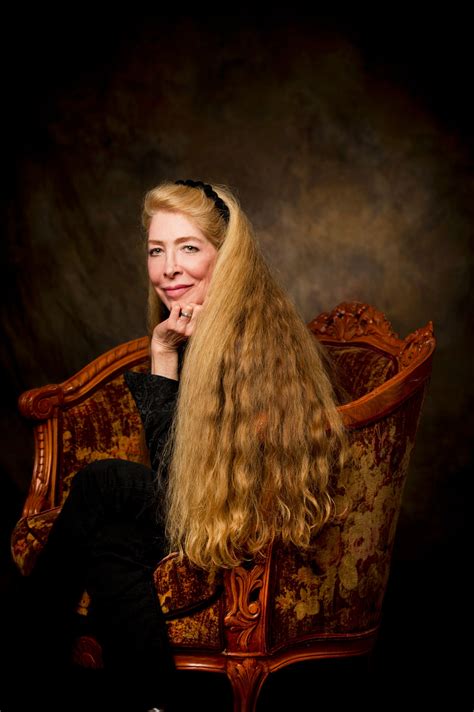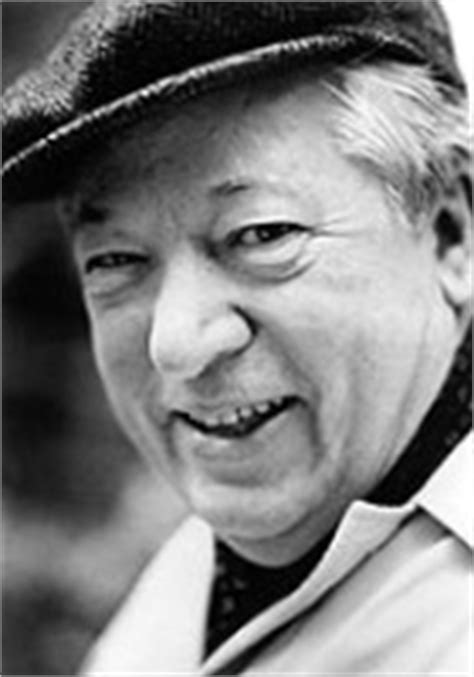Top 1200 Published Quotes & Sayings
Explore popular Published quotes.
Last updated on April 14, 2025.
I didn't think [Ella Enchanted] would get published. Everything I'd written till then had been rejected. If it was published, I thought it might sell a few thousand copies and go out of print. I thought if I was lucky I could write more books and get them published, too. I still pinch myself over the way things have worked out.
There's probably more of a struggle to get material and narratives published that really speak to black culture. And that has a lot to do with the mergers and buyouts and the corporations being more in control of the purse strings. We find that the projects have to come with higher expectations rather than books that just should be published. That's disturbing because we might find fewer and fewer children's books by African Americans or with black cultural themes.
I was writing at a really young age, but it took me a long time to be brave enough to become a published writer, or to try to become a published writer. It's a very public way to fail. And I was kind of scared, so I started out as a ghost writer, and I wrote for other series, like Disney 'Aladdin' and 'Sweet Valley' and books like that.
As a scholar, you don't want to repeat yourself, ever. You're supposed to say it once, publish it, and then it's published, and you don't say it again. If someone comes and gives a scholarly paper about something they've already published, that's just terrible. As a university president, you have to say the same thing over and over and over.
All the authors who've ultimately published Louder Than Words memoirs have been very happy to be chosen and excited about the possibility of having their memoir published. Even though these books deal with serious, often painful, issues, in all cases the authors felt as though writing their story would be an empowering and healing experience.
A book coming out into the world can be a harsh, harsh time. And your feelings are on the line. Everything that publication is about is really not what your writing is about. Your writing is coming out of something else, and publication and being in the public are something else. And those of us who have published, in whatever way we're published, are very fortunate.
Darwin's book, On the Origin of Species, was published in 1859. It is perhaps the most influential book that has ever been published, because it was read by scientist and non- scientist alike, and it aroused violent controversy. Religious people disliked it because it appeared to dispense with God; scientists liked it because it seemed to solve the most important problem in the universe-the existence of living matter. In fact, evolution became in a sense a scientific religion; almost all scientists have accepted it and many are prepared to 'bend' their observations to fit in with it.
My first book published in France was translated and titled Exercices d'Attente in 1972. It was a collection of short works written and published in Romania. In 1973 I was ready to publish the novel Arpièges, which I had started writing in Romanian and of which I had published some fragments under the title Vain Art of the Fugue. Some years later, I finished Necessary Marriage.
A review of seventy-four clinical trials of antidepressants, for example, found that thirty-seven of thirty-eight positive studies [that praised the drugs] were published. But of the thirty-six negative studies, thirty-three were either not published or published in a form that conveyed a positive outcome.
They believe that if they do get published, a wonderful new life is in store. It will turn out that deep down they are really valuable people and will have lots of money from now on and really cool people like Ethan Hawke will be dropping by all the time. But it's a lie. Being a published writer will make them long to be ONLY as mentally ill as they are now. Their current level of obsession and doubt and self-loathing will look like the good old days. Honest.
If this [the Mysterium cosmographicum] is published, others will perhaps make discoveries I might have reserved for myself. But we are all ephemeral creatures (and none more so than I). I have, therefore, for the Glory of God, who wants to be recognized from the book of Nature, that these things may be published as quickly as possible. The more others build on my work the happier I shall be.
Kitty Kelley's method, already perfected in her unauthorised and unflattering biographies of Frank Sinatra and Nancy Reagan, is to write bestsellers that take what she describes as an 'unblinking look' at their subjects - which might, of course, mean that her eyes are permanently open or permanently closed... the result is a work so bad that Britons cannot realise how fortunate they are in being unable to buy it. The great mistake with this book is not that it has been published in Britain, but that it has actually been published anywhere else.
I feel that Italy's a country that's constantly looking out and constantly following what's happening in other cultural centers. What is being written in America, what is being published in England, what is being published in France. It's a culture that's always wanting to absorb and inform itself of other works, other writers, etc., etc.
About a year after (my stories began being published), magazine editor George Scithers, suggested to me that since I was so new at being published, I must be very close to what I had to learn to move from fooling around with writing to actually producing professional stories. There are a lot of aspiring writers out there who would like to know just that. Write that book.SFWW-I is that book. It's the book I was looking for when I first started writing fiction.
The nightmare of censorship has always cast a shadow over my thoughts. Both under the previous state and under the Islamic state, I have said again and again that, when there is an apparatus for censorship that filters all writing, an apparatus comes into being in every writer's mind that says: "Don't write this, they won't allow it to be published." But the true writer must ignore these murmurings. The true writer must write. In the end, it will be published one day, on the condition that the writer writes the truth and does not dissemble.
In the usual way I submitted manuscripts to publishers. This was not so much a feeling that I should be published as a wish to escape the feared and hated drudgery of "normal" work. In my twenties some of my work for children was published by Macmillan. However, I was twenty-seven before my adult novel, The Birthgrave, was taken by DAW Books in the USA. This enabled me finally to stop doing stupid and soul-killing jobs, and start working day and night as a professional writer. It felt like a rescue from damnation, and still does.
The very bulk of scientific publications is itself delusive. It is of very unequal value; a large proportion of it, possibly as much as three-quarters, does not deserve to be published at all, and is only published for economic considerations which have nothing to do with the real interests of science.
Way back in 1989, I got lucky with my first published story when it was selected for the Journey Prize anthology. Then I got lucky three more times. It is astounding to see how many writers published in the anthology have gone on to publish great story collections and novels. The anthology is a windfall for both writer and reader.
Hollywood loves pre-validation. Even if someone has a property that was first published as a comic book that sold only 5,000 copies, for Hollywood, that is a stamp of approval. 'Oh, it was already published in another medium? Must be good!' They get assurance from knowing that someone else already took the risk.
When I wrote the first Betsy book, 'Undead and Unwed,' I had no idea, none, that it would be a career-defining, genre-defining book, the first of over a dozen in the series, the first of over 70 published books, the first on my road to the best-seller list, the first on my road to being published in 15 countries.
I was first published in the newspaper put out by School of The Art Institute of Chicago, where I was a student. I wince to read that story nowadays, but I published it with an odd photo I'd found in a junk shop, and at least I still like the picture. I had a few things in the school paper, and then I got published in a small literary magazine. I hoped I would one day get published in The New Yorker, but I never allowed myself to actually believe it. Getting published is one of those things that feels just as good as you'd hoped it would.
I think it's really good not to get published. It sounds crazy but it's true. People want to get published very soon, but the moment that happens, you lose a bit of your originality. Once you publish, you are always doing things made-to-order. You stop being a weaver and become a tailor. You are tailoring things to suit other people's fashion.
